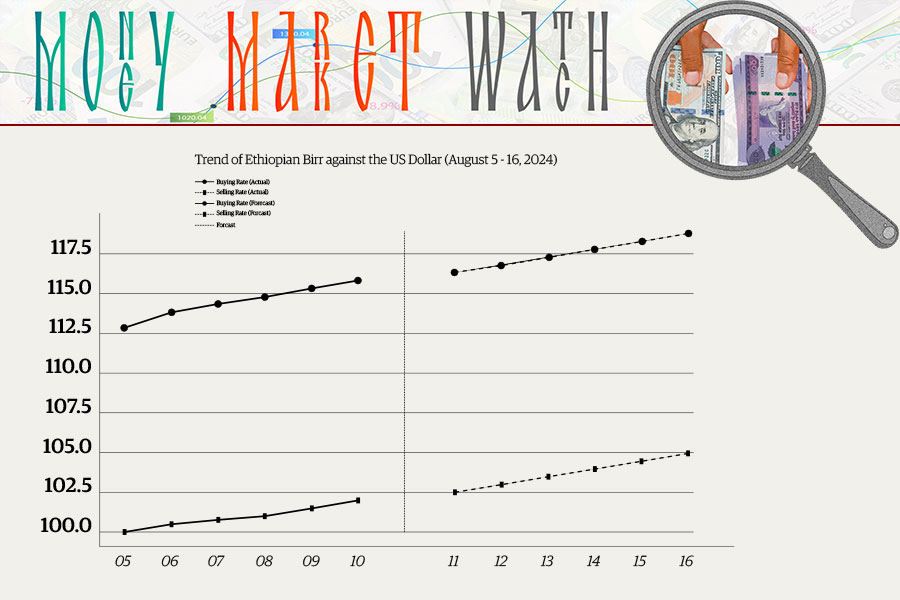
Dec 2 , 2023
By Carolyn Kissane
I have a love-hate relationship with my phone. It is my go to source for information. I enjoy interacting with text messages and browsing through the social media platform, especially when I am not busy.
But, it becomes overpowering after a while. Waiting for a reply, and the brief responses to heartfelt messages can be triggering to induce anxiety.
One of the days last week, I had the entire house to myself for a few hours while my kids were asleep. Sitting on the couch, I decided to take a break and relax going through my social media feed. The contents began emerging.
Footages from conflicts all over the world compounded with suffering of children, homes reduced to rubble while perpetrators care less about the collateral damage were overwhelming. Nothing in this world is certain and it could disappear at any moment.
In the midst of feeling grateful for the calm and quiet of my life, my phone suddenly slid behind the couch. I could not get it without moving the furniture and disturbing the kids. Therefore, I resorted to contemplating other possible activities.
Stepping outside on the balcony, the sound of children playing football while chattering seemed hectic and I decided to go back inside; tried sitting, but quickly felt the need to get up. I thought about cleaning the house, but was not in the mood —I felt restless. As the US Author Nelson DeMille wrote in one of his books, "The problem with doing nothing is that you never know when you're finished." That was how I felt.
It got me thinking, what was life like before a mobile phone?
It has not been a full three decades since the service was availed in our country but the pandemic of living inside the phone has plagued the city. People using public transport are usually browsing the internet, while drivers are occasionally glancing at their phones to check for location accuracy or play music.
On the other hand, the subtle but pervasive effects of smartphones on mental health are easily forgotten in this age of connectivity, where the gadgets have become an extension of our hands.
Continual barrage of alerts and updates that demand attention is one of the main causes of anxiety.
The constant flashing and buzzing make one pressed for time and instil fear of missing out, which keeps them hooked to their gadgets. Consequently, the natural stress hormone, cortisol, is released into the system.
Chronic stress causes anxiety, irritability and trouble falling asleep and is made worse by smartphones' tendency to become addictive. Fresh content and endorsing acts such as likes and comments can give continuous dopamine hits, which cause compulsive checking habits and feed a cycle of dependency.
Meanwhile, the sleep-wake cycle interference induced by cellphones can cause fatigue and irritability during the day. The hormone that controls sleep, melatonin, is produced less frequently when exposed to blue light from screens.
I realise that setting up healthy boundaries and routines is crucial to reducing the anxiety-inducing effects of cellphone use. It is wise to develop a habit of using technology in moderation.
PUBLISHED ON
Dec 02,2023 [ VOL
24 , NO
1231]


Money Market Watch | Aug 11,2024

My Opinion | Jun 21,2025

Sunday with Eden | Aug 10,2024

Fortune News | Aug 18,2024

Fortune News | Apr 28,2024

My Opinion | 131451 Views | Aug 14,2021

My Opinion | 127803 Views | Aug 21,2021

My Opinion | 125783 Views | Sep 10,2021

My Opinion | 123419 Views | Aug 07,2021

Dec 22 , 2024 . By TIZITA SHEWAFERAW
Charged with transforming colossal state-owned enterprises into modern and competitiv...

Aug 18 , 2024 . By AKSAH ITALO
Although predictable Yonas Zerihun's job in the ride-hailing service is not immune to...

Jul 28 , 2024 . By TIZITA SHEWAFERAW
Unhabitual, perhaps too many, Samuel Gebreyohannes, 38, used to occasionally enjoy a couple of beers at breakfast. However, he recently swit...

Jul 13 , 2024 . By AKSAH ITALO
Investors who rely on tractors, trucks, and field vehicles for commuting, transporting commodities, and f...

Jun 28 , 2025
Meseret Damtie, the assertive auditor general, has never been shy about naming names...

Jun 21 , 2025
A well-worn adage says, “Budget is not destiny, but it is direction.” Examining t...

Jun 14 , 2025
Yet again, the Horn of Africa is bracing for trouble. A region already frayed by wars...

Jun 7 , 2025
Few promises shine brighter in Addis Abeba than the pledge of a roof for every family...

Jun 29 , 2025
Addis Abeba's first rains have coincided with a sweeping rise in private school tuition, prompting the city's education...

Jun 29 , 2025 . By BEZAWIT HULUAGER
Central Bank Governor Mamo Mihretu claimed a bold reconfiguration of monetary policy...

Jun 29 , 2025 . By BEZAWIT HULUAGER
The federal government is betting on a sweeping overhaul of the driver licensing regi...

Jun 29 , 2025 . By NAHOM AYELE
Gadaa Bank has listed 1.2 million shares on the Ethiopian Securities Exchange (ESX),...